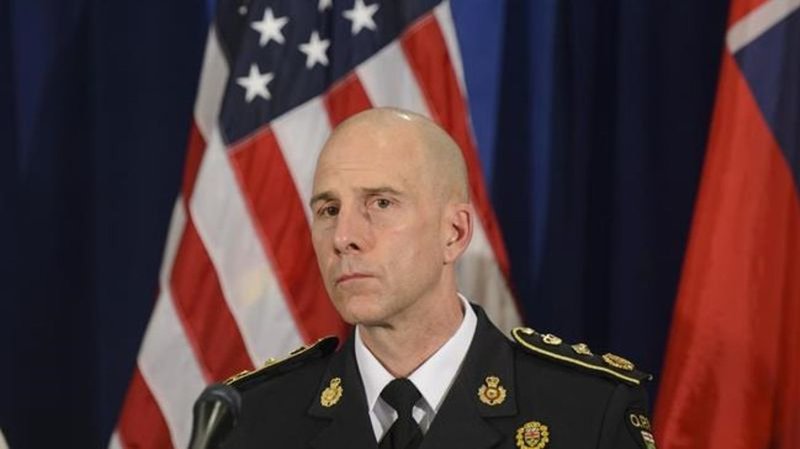
OPP commissioner expected to address contradictions on Emergencies Act
OTTAWA — The commissioner of the Ontario Provincial Police is to testify today at the public inquiry into the Liberal government’s decision to invoke the Emergencies Act to clear out “Freedom Convoy” protests in Ottawa.
The testimony by Thomas Carrique is expected to canvas how the provincial police force prepared for the protests against COVID-19 mandates and whether they posed a threat to national security.
Carrique told the House of Commons public safety committee in March the OPP’s intelligence unit had identified the Ottawa protest as a “threat to national security” about a week after heavy trucks arrived in the capital city.
But the head of the intelligence unit, Supt. Pat Morris, told the public inquiry last week there was never any “credible” information showing a direct threat to national security and they “weren’t seeing a lot” of extremism.
